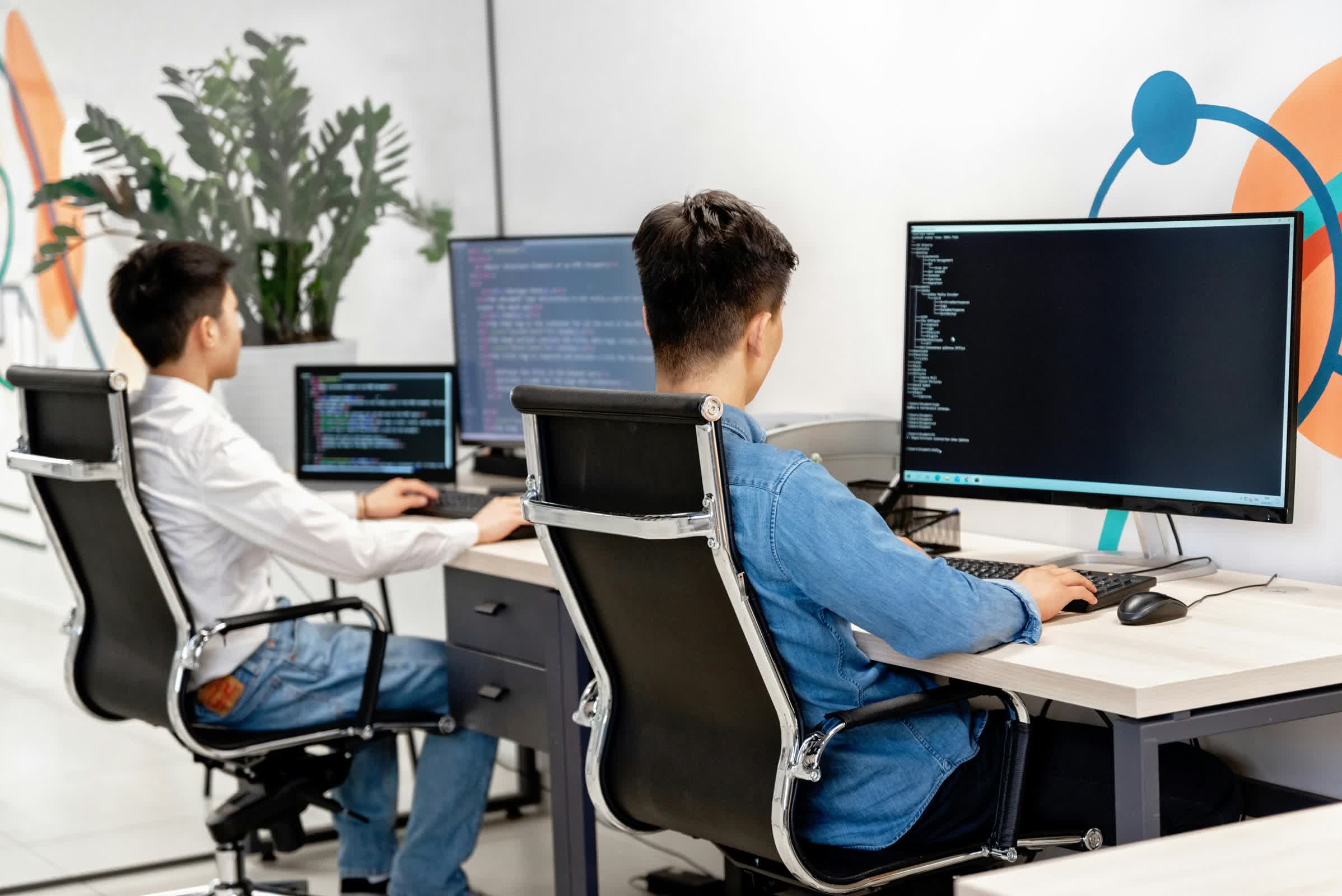Why it matters: As remote work has become mainstream, many companies have expressed concerns that their out-of-office employees are less productive. Some have implemented monitoring systems to catch laggard workers, but employees quickly found ways to circumvent such surveillance. A new generation of tools is on the market, and they are much more challenging to cheat.

A few months ago, Wells Fargo fired more than a dozen employees following an internal review that identified "simulation of keyboard activity" to create the appearance of active work. Wells Fargo declined to say precisely how it detected the suspicious activity, leading to speculation on Reddit and other online forums. Details about the event were scant--it is unclear if these employees were even working remotely. However, it's safe to assume that Wells Fargo used an employee monitoring system to pinpoint the slackers.
Electronic worker surveillance systems became almost mainstream among companies post-pandemic. Gartner notes that nearly 50 percent of companies reported using them last year. Many of these systems focused on collecting data from various sources, such as electronic communications, social media presence, location data, and productivity apps. Usually, these technologies detect time spent on tasks by monitoring log-ins, tracking mouse and keyboard activity, and comparing to a baseline.
The Wall Street Journal points out that a new generation of monitoring software has come to market with far more sophisticated capabilities. These tools use machine learning to identify repetitive cursor presses or irregular patterns in an employee's computer activity. Others can scrape screen images to check whether screen activity changes as the mouse moves.

A common cheat is mouse jigglers. These devices are very easily detected. Even rudimentary monitoring software can identify when unauthorized USB devices like physical mouse jigglers are connected to company computers. If the company has a policy against installing outside equipment, that could lead to disciplinary action.
These new detection systems are far more advanced, though. Ilya Kleyman, Teramind's chief growth officer, says that the company's algorithms can easily spot the patterns that tools designed to mimic work create.
"It won't look like normal human mouse cursor activity that regularly clicks, drags, etc.," he said.
Some employees have also used PowerPoint presentations or slideshows to keep their computers active. According to Jared Brown, CEO of productivity management company Hubstaff, this trick is no match for advanced monitoring software that snaps images of employee screens. Some systems even require employees to respond to random alerts, regardless of mouse activity.
At a certain point, employees – even those faithfully working their expected hours – will start to feel as though they are employed in a high-tech gulag if they realize they are constantly monitored and required to check in randomly. Many corporate executives are well aware of this and struggle with where to draw the line.
Furthermore, research has shown that excessive use of these systems often backfires on firms. At least one study showed that monitored employees were substantially more likely to take unapproved breaks, disregard instructions, damage workplace property, steal office equipment, and work at a slow pace. So, it's going to be a struggle for years to come.
New "Big Brother" tools make it easier for employers to catch workers faking computer activity